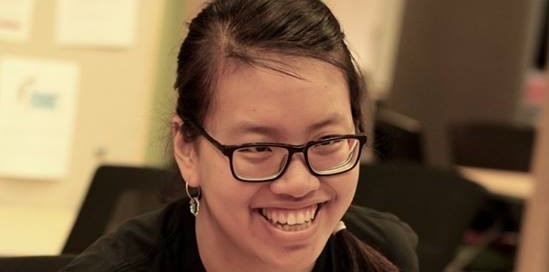
As the Syracuse Academy of Science and Citizenship Charter School (SASCCS) concluded its first successful year of operation, there was much to be proud of: students received ample one-on-one attention, parental engagement thrived, and teachers and students came together to build a diverse learning community. Yet, something very essential was still missing.
“Literacy can’t be confined solely to the classroom,” said Tolga Hayali, superintendent of Science Academies of New York Charter Schools. “Children need a shared space where they can explore their love of reading and access a variety of books.”
Hayali’s vision for SASCCS would not be complete until the children had a library of their own. While many could see the absence of a library as a limitation, Hayali recognized the situation as a great opportunity to design a unique, culturally responsive literacy program that reflected the needs and backgrounds of the student body.
Nearly fifteen percent of SASCCS students are English language learners. A medley of languages floats through the hallways, ranging from Swahili to Spanish to Myanmar Matu. And many students do not hear English when they return home after school. While this can add to the challenge of grasping English literacy skills, Hayali wanted to honor all cultures through the library’s new offerings. Hayali hopes that by being able to relate to the subjects in the new library’s books, students will have an easier time developing a genuine love for reading.
“Representation in literature matters. We want all students to feel comfortable and welcome at our library,” said Hayali. “This is a safe space where both teachers and students can learn from one another’s backgrounds.”
Having a student-centered school structure is one of SASCCS’s six key elements. The new library, which was completed over the summer, helps teachers adhere to this mission by providing lessons that are closely related to students’ backgrounds and daily lived experiences.
The majority of the students at SASCCS belong to minority groups and close to 80% of students receive free or reduced lunch. SASCCS recognizes the important role education plays in overcoming poverty and views literacy as the foundation of any successful education.
According to CNY Vitals, 9,880 Syracuse residents were reported as speaking English less than very well in 2015. Hayali recognized that due to limited English skills, many parents may not have books at home for their children nor have the ability to read with them. Take-home books allow children to practice reading out loud to their guardian.
“Bringing books into the homes is key,” said Hayali. “The children become literacy ambassadors to their parents.”
The shared time together helps children develop positive relationships through reading, and can even help guardians learn alongside their children.
Charter schools are tuition free and open to all students, just like traditional public schools. They too must meet state and federal academic standards. However, what makes charter schools unique is the ability to be flexible when designing academic programs, curriculums, standards and goals. As a result of this increased range of possibility, charter schools are held to higher performance standards and can be shut down if the standards are not met.
Students of SASCCS are chosen through a blind lottery process, with preference given to English language learners and students who reside in the Syracuse City School District. SASCCS is publicly funded by local, state and federal tax dollars on a per pupil basis. However, fundraising is still vital to SASCCS because for every student that attends SASCCS, a portion of the per-student-funding is still given to the traditional public school that the child would have otherwise been enrolled in.
“We value all schools and all children,” explained Hayali, “We support our Syracuse City School District, Parochial schools and any other since all of us are helping our Syracuse area children who will come back as contributing and caring citizens of this larger and wonderful community.”
As the children of SASCCS embark upon their new school year, they will be met with many new opportunities to both celebrate their individuality and come together as a diverse community to learn from one another, thanks to the power of reading.
The Syracuse Academy of Science & Citizenship received a grant from the Central New York Community Foundation to assist with the construction of this new library.


Recent Comments